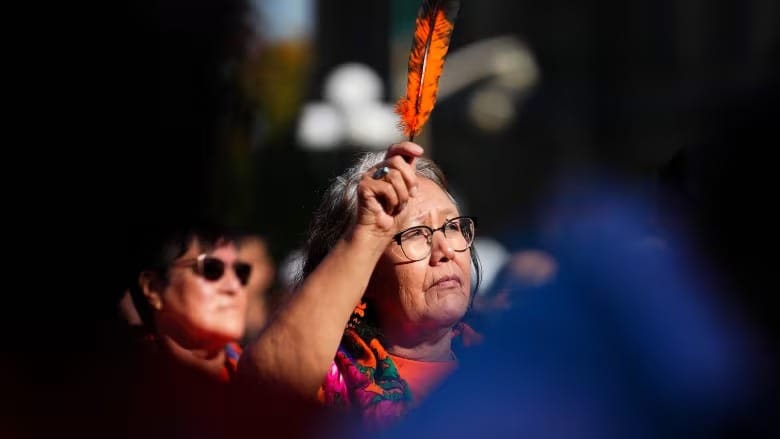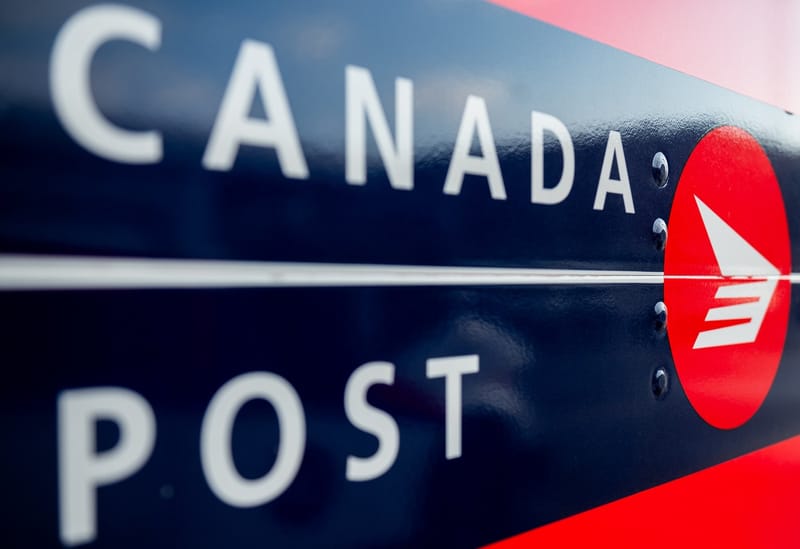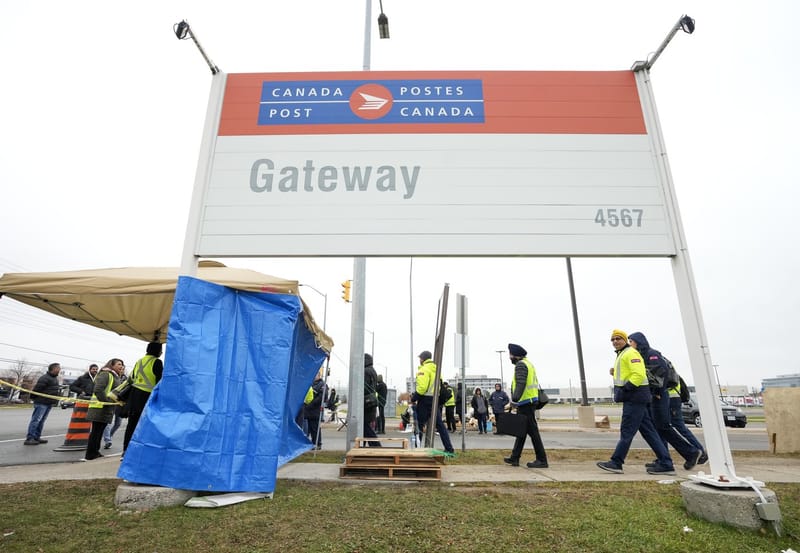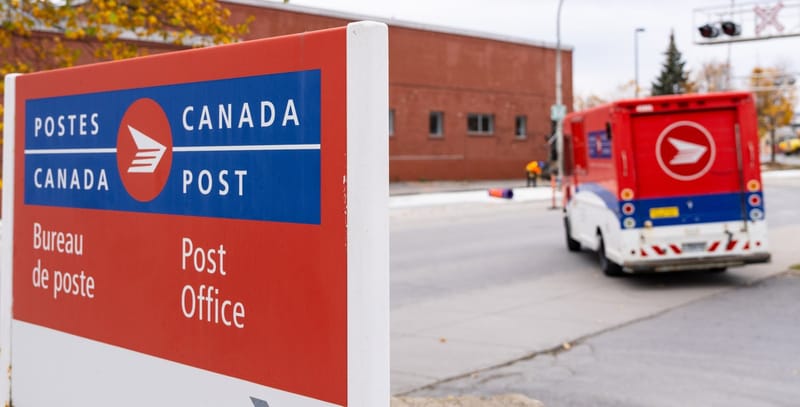'The hurt is still there,' survivors say as Canada marks National Day for Truth and Reconciliation
Canada remembers tragic legacy of residential schools and the children who never came home

Canada commemorated its fourth annual National Day for Truth and Reconciliation on Monday with events nationwide to reflect on the tragic history of residential schools and honor the children who never returned home.
A national ceremony in Ottawa drew thousands to hear from First Nations, Métis, and Inuit survivors of these institutions, which were operated at different times by the federal government and various churches until the late 20th century.
Musicians and performers took the stage on Parliament Hill, with the orange-shirted crowd joining in a day meant to remember past injustices while also renewing Canada's commitment to a better future for Indigenous communities.
A particularly moving moment occurred when the crowd passed around a long "memorial cloth" bearing the names of some of the 150,000 children who were forced to attend these schools. Attendees also placed pairs of children's shoes around the stage to symbolize those who were lost to the abusive school system.
Gordon Burnstick, a residential school survivor from Alexander First Nation near Edmonton, participated in the Ottawa events. Recalling his time at St. Martin's Mission in Wabasca, Alta., in the 1960s, Burnstick said, "It still bothers me today." He spoke of the abuse he endured, especially sexual abuse, and how it led to dropping out of school, battling alcoholism, and legal troubles.
"I didn't care about anything, I just wanted to die," Burnstick said. He turned his life around in 1990 after quitting alcohol and drugs and now advocates for survivors and children who died in state care. "The hurt is still there. Today, I'm here to pray for healing. We must never forget what happened," he added, expressing hope that these gatherings continue until every lost child is found.
Reconciliation as a 'Life-Long Journey'
The federal government has made strides in addressing Indigenous issues. During Prime Minister Justin Trudeau's tenure, 145 long-term drinking water advisories were lifted, according to government data. Ottawa has also funded initiatives to revitalize Indigenous languages, settled long-standing child welfare disputes, and promised more funding for Indigenous health care.
However, challenges remain in areas like housing, employment, crime, and the safety of Indigenous women and girls. In September, six Indigenous people died following interactions with police, highlighting ongoing issues with law enforcement, according to critics.
"The government of Canada is dedicated to walking alongside Indigenous communities on their healing journeys," Trudeau said in a statement, stressing the importance of supporting these communities.
Governor General Mary Simon, the first Indigenous person in the role, reflected on the day's significance: "Today is a day of remembrance so we never forget what happened," she said. While acknowledging the complexity of the issues, Simon emphasized, "For me, reconciliation is a lifelong journey. Things are slowly changing, but we’re not there yet."
Thousands of Children Died, Records Suggest
The Truth and Reconciliation Commission (TRC) documented the widespread abuse and neglect in residential schools, revealing that as many as 6,000 children died, many from malnutrition or disease. The National Centre for Truth and Reconciliation estimates around 4,100 children died based on available records.
The schools, which aimed to assimilate Indigenous children into Euro-Canadian culture, caused deep intergenerational trauma, according to the TRC. Both the federal government and the churches involved have apologized for their roles in the system, which deprived students of a proper education and subjected them to mistreatment.
Trina Carter, from Onion Lake Cree Nation in Saskatchewan, shared her late mother's experiences at a Catholic residential school on their reserve. Carter said her mother, Rosie Chief, struggled to express affection due to the trauma she endured. "She was an awesome mum, but she wasn’t able to say, 'I love you,' or hug us," Carter explained. "She didn’t grow up with it, she didn’t hear those words in school."
Carter attended the Ottawa ceremony for the second time. "I love it. I just want to dance powwow and hear the drum," she said. Gesturing toward Parliament Hill, she reflected, "That’s the building where they planned to kill the Indian in us. But they didn’t succeed."





